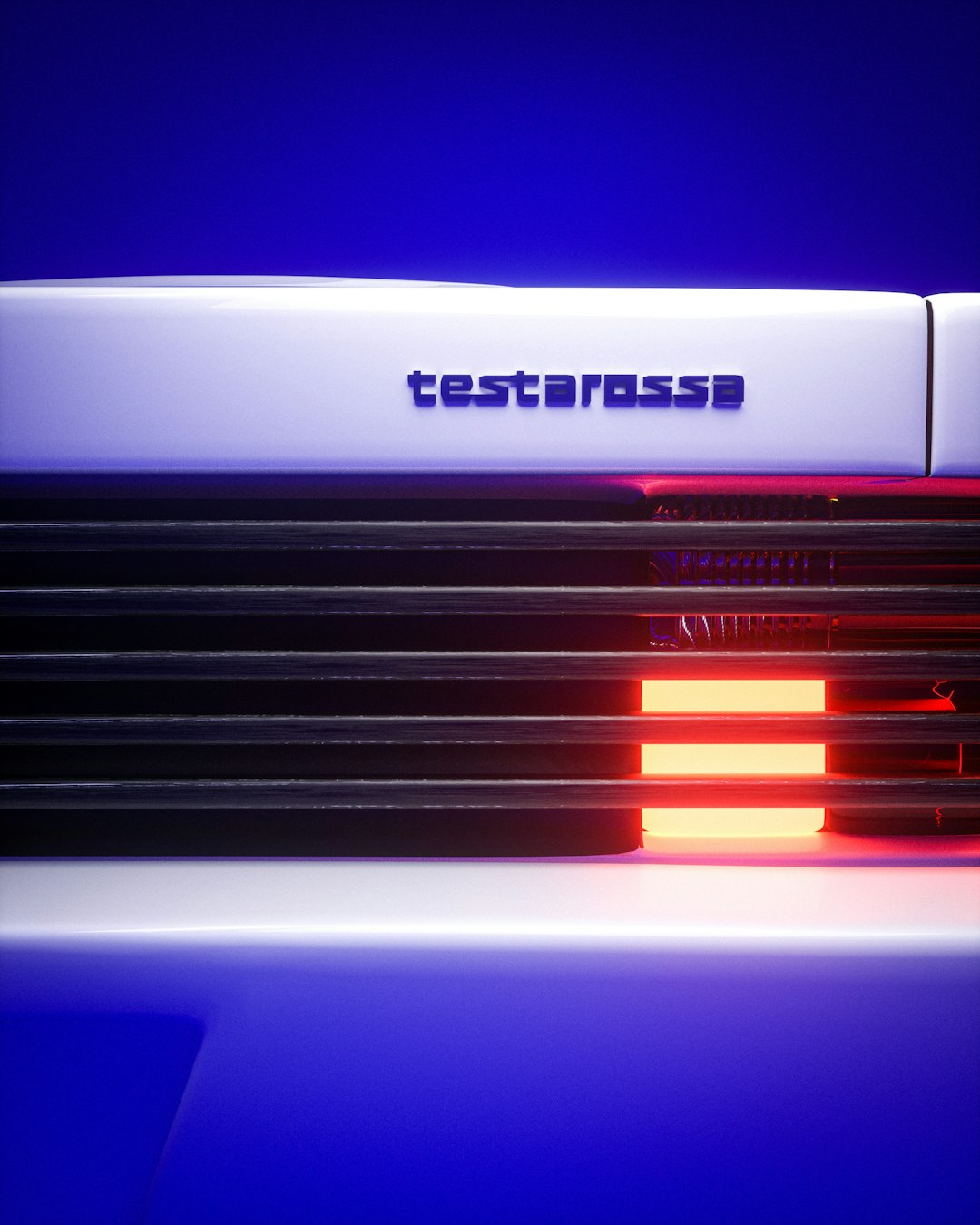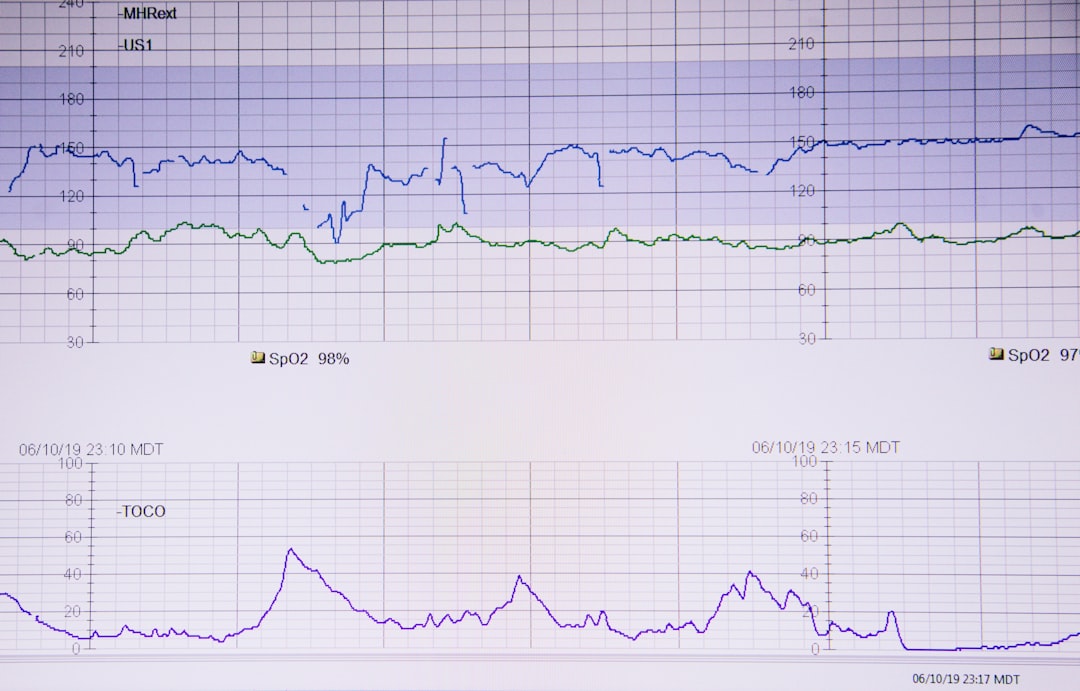In the ever-evolving world of high-performance desktop gaming CPUs, enthusiasts and professionals alike are constantly comparing the latest chipsets to get the most bang for their buck. With the recent release of the Ultra 9 285K and AMD’s game-optimized Ryzen 7 9800X3D, it’s time to put these two titans head-to-head. Whether you’re looking to build the ultimate rig or simply upgrade your current system, knowing which processor delivers the best gaming performance is critical.
TL;DR:
The Ryzen 7 9800X3D outshines the Ultra 9 285K in gaming performance due to AMD’s 3D V-Cache technology, which significantly improves frame rates, especially in CPU-limited scenarios. However, the Ultra 9 285K leads in multi-threaded productivity tasks and raw clock speeds. If your primary purpose is gaming, AMD wins this round. For mixed workloads or a productivity-heavy user, Intel’s latest Ultra chip might be more appealing.
Performance Benchmarks
Gaming performance is typically dictated by single-threaded performance and memory latency, areas where AMD’s 3D V-Cache architecture really shines. In contrast, the Intel Ultra 9 285K brings enhanced clock speeds and wider cores, aiming to dominate a broader spectrum of tasks.
- Ultra 9 285K: 24 cores (8 P-cores + 16 E-cores), 5.8 GHz boost clock
- Ryzen 7 9800X3D: 8 cores, 16 threads, up to 5.4 GHz with massive 3D V-Cache
In Cyberpunk 2077, the Ryzen 7 9800X3D delivered an average FPS of 184, compared to 170 on the Ultra 9 285K, especially when paired with a high-end GPU like the RTX 4090. In more eSports-focused titles like Valorant or CS2, the 9800X3D maintained consistently higher frame times, thanks to better cache utilization.

However, in synthetic benchmarks like Cinebench R23, the Ultra 9 285K scored noticeably higher due to the greater number of cores and threads. This makes Intel’s offering more attractive for professionals who do both gaming and rendering or video editing.
Gaming Optimization and Technologies
One of AMD’s most notable advantages with the Ryzen 7 9800X3D is its 3D V-Cache technology. This innovation stacks additional cache on the CPU die, significantly improving performance in games that rely heavily on fast access to data, such as sprawling open-world RPGs and competitive shooters.
Intel, on the other hand, introduced an improved power efficiency and hybrid architecture in the Ultra 9 series, optimizing task management between performance and efficiency cores. While it’s a leap over the previous Intel generation, it doesn’t have the targeted gaming enhancement that AMD’s V-Cache provides.
When it comes to thermal management, AMD’s chip tends to run cooler during gaming since it doesn’t push the same amount of wattage; however, the Ultra 9 285K does run hotter due to higher boost frequencies and more cores. Proper cooling design is essential for both processors but adds cost particularly for Intel builds.

Platform and Future-Proofing
Both platforms offer support for DDR5 RAM and PCIe 5.0, offering future-ready connectivity. However, AMD’s AM5 socket is still relatively new, having released in late 2022, and is expected to support future Ryzen generations. Meanwhile, Intel’s socket has a history of shorter support cycles, and it’s unclear how long the Ultra 9’s motherboard options will stay current.
AMD also benefits from excellent software compatibility and platform maturity, and many motherboard manufacturers have refined support for its X670 and B650 chipsets. Intel’s Z890 chipset also brings robust features, but its longevity is uncertain compared to AMD’s roadmap commitment.
Power Consumption and Efficiency
Looking at wattage, the difference becomes more apparent:
- Ryzen 7 9800X3D TDP: 120W (actual draw often lower under load)
- Ultra 9 285K TDP: 253W (actual draw can reach 300W+ in heavy workloads)
Gamers who are building compact or less-ventilated setups may prefer AMD’s chip, which maintains high performance without requiring exotic cooling solutions. Intel’s chip, while powerful, demands serious cooling and may not suit every build.
Price-to-Performance Ratio
In today’s market, both CPUs are priced in the premium desktop range. Here’s a side-by-side:
- Ultra 9 285K: $599 USD (retail)
- Ryzen 7 9800X3D: $499 USD (retail)
Considering the cost savings and superior gaming performance of the Ryzen chip, it emerges as the better value strictly for gamers. The Ultra 9 justifies its cost for content creators or heavy multi-taskers who also game on the side.

Conclusion
Both the Ultra 9 285K and Ryzen 7 9800X3D are stunning examples of next-gen CPU power, each excelling in different areas. For passionate gamers seeking the utmost frame rates and smoothest gameplay experience, AMD’s Ryzen 7 9800X3D with 3D V-Cache is clearly the winner. Its superior gaming efficiency, thermal control, and value make it hard to beat.
Intel’s Ultra 9 285K remains the king of general computing power, commanding respect in every other workload outside pure gaming. It’s a powerhouse for workstations, multitaskers, and creators who also dabble in high-end gaming.
Ultimately, choose the CPU that suits your primary use-case—but if it’s peak gaming you’re after, the Ryzen wins the showdown.
FAQs
- Q: Is the Ryzen 7 9800X3D better than the Ultra 9 285K for gaming?
A: Yes, in most gaming scenarios, the 9800X3D performs better due to its large 3D V-Cache, which reduces memory latency and enhances frame rates. - Q: Which CPU is better for productivity tasks and multitasking?
A: The Intel Ultra 9 285K, with its higher core and thread count, is better suited for rendering, editing, and large-scale multitasking. - Q: Can I use DDR4 RAM with either CPU?
A: No, both CPUs require DDR5 memory as per their respective platform requirements. - Q: Which chip is more power-efficient?
A: The Ryzen 7 9800X3D generally consumes less power, especially under gaming loads. - Q: Which CPU has better longevity in terms of platform support?
A: AMD’s AM5 socket is expected to support multiple future Ryzen generations, offering better long-term upgrade potential.



Leave a Reply